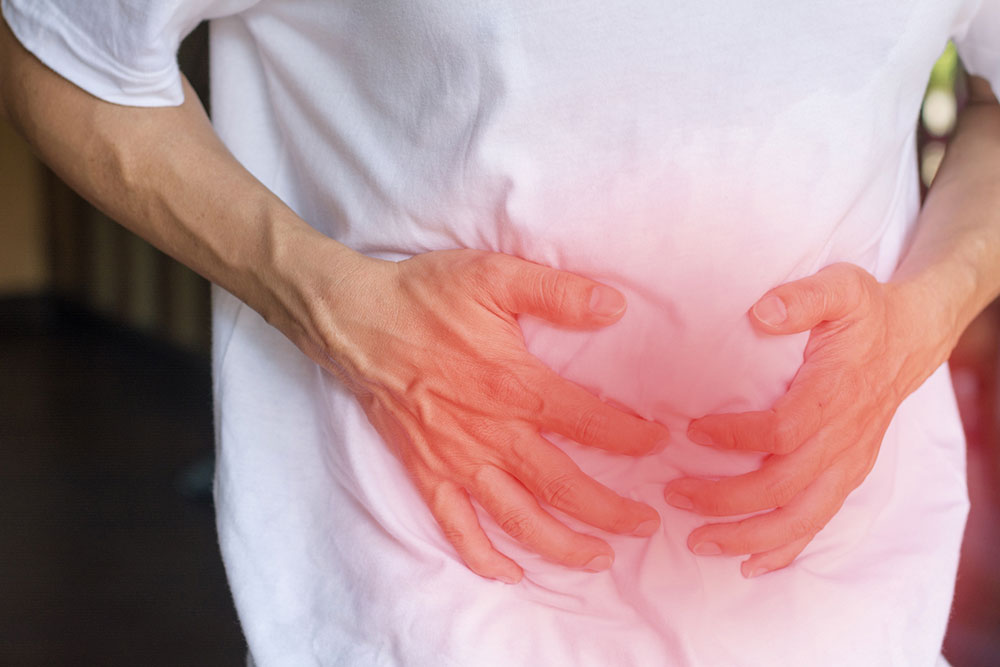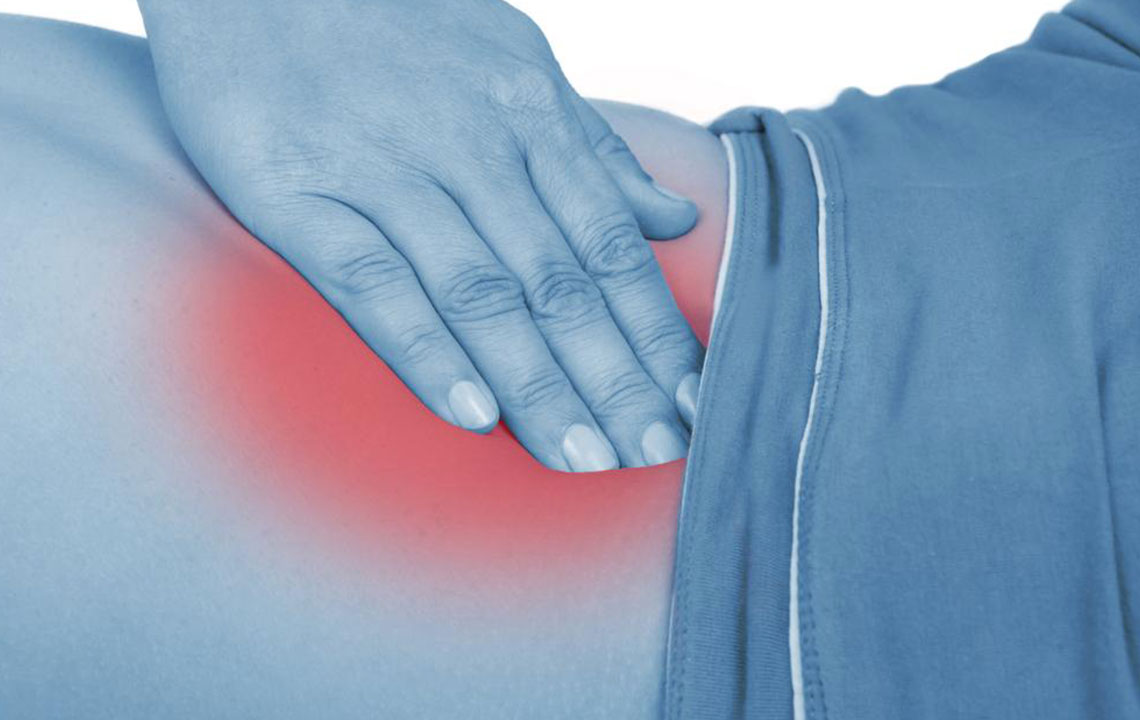Ultimate Comprehensive Guide to Managing Irritable Bowel Syndrome (IBS) Effectively
This comprehensive guide offers effective strategies for managing Irritable Bowel Syndrome (IBS), emphasizing lifestyle, dietary, and medical interventions to improve quality of life. Learn about symptom identification, dietary tips, probiotics, stress reduction, and when to seek professional help for this common gastrointestinal disorder.

Ultimate Comprehensive Guide to Managing Irritable Bowel Syndrome (IBS) Effectively
Irritable Bowel Syndrome (IBS) is among the most prevalent gastrointestinal disorders worldwide, affecting millions of individuals across all age groups. Characterized by a variety of uncomfortable symptoms, IBS can significantly impair daily functioning and quality of life. These symptoms commonly include persistent abdominal pain, bloating, irregular bowel movements ranging from diarrhea to constipation, and unpredictable bowel habits that can be distressing. Despite being a chronic condition, many patients find that with proper management strategies, they can significantly reduce discomfort and maintain a normal lifestyle.
IBS is a complex disorder with multifactorial causes. While the exact etiology remains elusive, current research suggests that multiple factors, including genetic predisposition, abnormal gut motility, heightened visceral sensitivity, food sensitivities, stress, hormonal fluctuations, and microbiota imbalances, play crucial roles. Notably, the subtypes of IBS are predominantly classified based on stool patterns: IBS with constipation (IBS-C), IBS with diarrhea (IBS-D), mixed IBS (alternating constipation and diarrhea), and unsubtyped IBS. Among these, IBS-C, characterized mainly by difficult or infrequent bowel movements accompanied by abdominal discomfort, tends to be particularly disruptive to daily routines.
Understanding that there is no definitive cure for IBS is important. Instead, management focuses on controlling symptoms through lifestyle adjustments, dietary modifications, stress management, and, when necessary, medication. Early recognition of symptoms and proactive management can vastly improve patients’ quality of life by reducing flare-ups and preventing complications. This comprehensive guide aims to offer practical, evidence-based strategies for effectively managing IBS and improving life quality.
Revolutionize Your Diet for Better Gut Health
Dietary modifications form the cornerstone of IBS management. Since dietary triggers vary from person to person, the first step involves identifying individual intolerances. Keeping a food diary can assist in pinpointing particular foods that exacerbate symptoms. Common dietary culprits include high-fat foods, caffeinated beverages, alcohol, dairy products, artificial sweeteners, and certain vegetables such as broccoli, cabbage, cauliflower, and Brussels sprouts, which contain fermentable oligosaccharides, disaccharides, monosaccharides, and polyols (FODMAPs). Eliminating or reducing these trigger foods can significantly decrease the frequency and severity of episodes.
On the other hand, increasing dietary fiber intake can help regulate bowel movements, especially for patients with IBS-C. Soluble fiber sources like oats, bananas, apples, carrots, and psyllium husk can promote stool consistency and ease constipation. It is advisable to start with small quantities and gradually increase fiber intake over several weeks to allow the gut to adapt, thereby minimizing bloating, gas, and discomfort. Hydration is equally vital, as it enhances fiber's effectiveness and supports overall digestive health.
Insert Beneficial Probiotics into Your Routine
The importance of gut microbiota in IBS pathophysiology has gained increasing recognition. Beneficial bacteria, or probiotics, can restore gut flora balance, potentially alleviating symptoms. Probiotics can be consumed through fermented foods like yogurt, kefir, sauerkraut, kimchi, and miso, or via dietary supplements formulated specifically for gut health. Strains such as Lactobacillus and Bifidobacterium have shown promising results in reducing bloating, gas, and irregular bowel movements. Incorporating probiotics into the daily diet can be a simple yet effective step toward healthier gut function, although individual responses may vary.
Maintain Regular Physical Activity
Engaging in consistent physical activity is a proven method to combat IBS symptoms. Exercise not only helps reduce stress, which is a major aggravator of IBS, but also promotes healthy bowel movements by stimulating gut motility. Activities such as brisk walking, cycling, swimming, or yoga can be incorporated into daily routines. Aim for at least 150 minutes of moderate-intensity exercise weekly, which translates to roughly 30 minutes on most days. Regular activity can decrease abdominal pain, lessen bloating, and help maintain a stable weight, all contributing to improved gastrointestinal health.
Implement Effective Stress Management Techniques
Stress plays a significant role in the severity and frequency of IBS episodes. Hence, adopting stress management practices is crucial in managing the disorder. Techniques like mindfulness meditation, deep breathing exercises, progressive muscle relaxation, and guided imagery are simple yet powerful tools to reduce stress levels. Incorporating these practices into daily routines, even for just 10-15 minutes, can significantly lessen gastrointestinal symptoms and promote overall mental health. Additionally, seeking support from mental health professionals or engaging in therapy can be beneficial for individuals experiencing chronic stress or emotional challenges associated with IBS.
Use Medications Judiciously Under Medical Supervision
While diet and lifestyle changes are primary, some patients may require medications for symptom control. Fiber supplements such as psyllium or methylcellulose can help alleviate constipation. Laxatives should be used cautiously and only under a doctor’s guidance to prevent dependence. Anti-diarrheal medications like loperamide can reduce frequent diarrhea episodes. Antispasmodics, such as hyoscine or dicyclomine, can relieve abdominal cramps and spasms. For some cases, low-dose antidepressants like tricyclics or SSRIs may help modulate pain perception and improve bowel habits. Peppermint oil capsules are also popular for their antispasmodic properties. Always consult healthcare providers before initiating any medication to ensure safety and appropriateness.
When to Seek Professional Medical Advice
If lifestyle modifications fail to reduce symptoms or if the condition worsens, professional medical evaluation becomes necessary. Persistent or severe abdominal pain, significant weight loss, blood in stool, or changes in bowel habits warrant medical attention. A healthcare provider may perform additional diagnostics, such as blood tests, stool tests, or imaging, to rule out other conditions. A personalized treatment plan combining diet, stress management, and medications can provide better symptom control and improve overall health outcomes. Regular follow-up ensures ongoing adjustments to therapy as needed.





